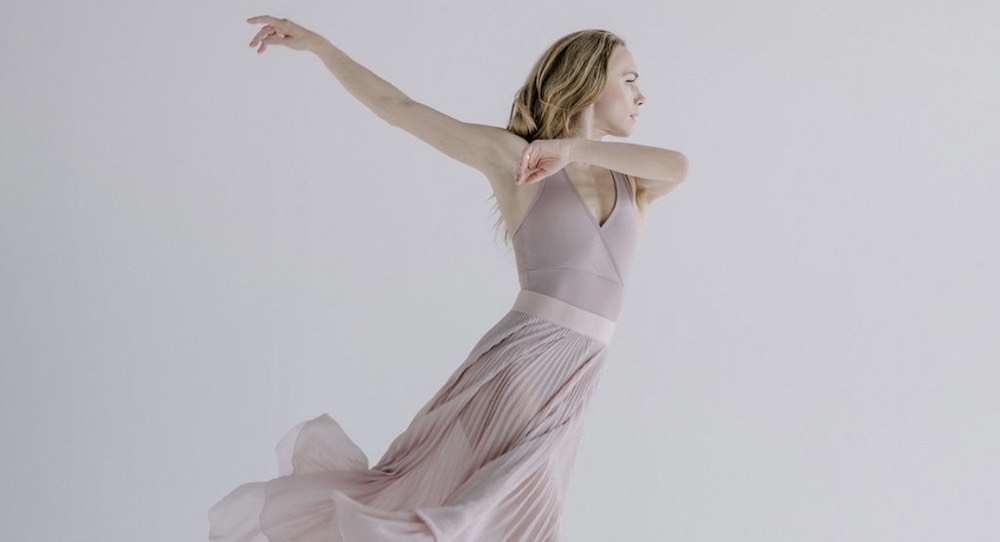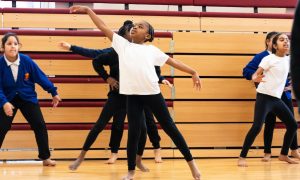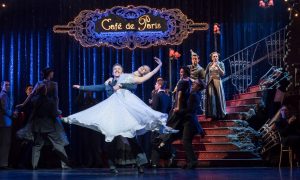How was summer for you? Did you get what you needed? Enough rest and time to indulge other interests, or maybe you used it to work on your dancing?
However you spent it, the long days of summer soon slip away, and thoughts turn to Autumn – the new academic year and challenges this might bring for you as a dancer.
Will it be time to move into new classes, or perhaps pressure will build this year as you prepare for an exam or audition. Whatever lies ahead, being as prepared as possible will always give you the best chances of success.
Bethany Kingsley-Garner, former Scottish Ballet principal and current international mentor and ballet coach, is leading a ‘Back to the Studio’ masterclass for International Ballet Intensives at Sadler’s Wells Theatre, London, with a mindset focus.
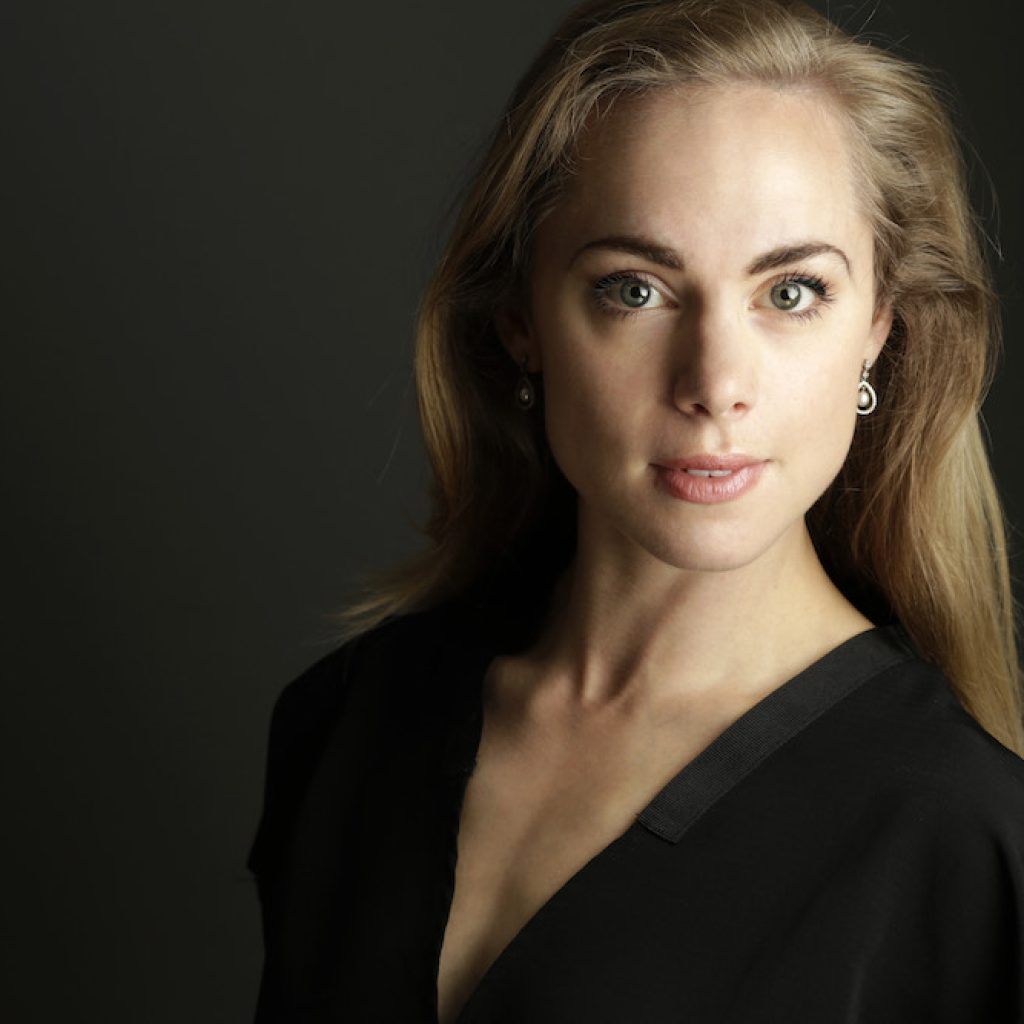
“It will be a time to get back to being comfortable in the studio — an exciting but vulnerable space,” says Kingsley-Garner. “I will be asking dancers to have their own little focus for the duration of the workshop, to trust themselves and what’s already in their bodies. To push past the nervousness of holding back after a break, to connect back to the music, their turnout and technique. I like to introduce a stamina-sandwich: starting jumps early in class, then go back to something else, then another jump, maybe a nice travelling enchainment and then recovery time. Building it back up.”
Try these 10 tips to sharpen your focus and consider what you really want to get out your year ahead. Show up as the best version of yourself – for you and your future – by considering all aspects and influences on your life.
#1. Sleep
It’s no secret that poor sleep can adversely affect our health. Headspace describes mental exhaustion from lack of sleep, leading to irritation, short temper and stress. Headspace offers an ‘essential checklist’ for a good night’s sleep including making your room cool and dark, listening to a sleepcast or sleep music, having a tidy up before bed and ditching the scrolling so your mind has a chance to settle. Before bed could be an ideal time for relaxed stretches instead. As the new term approaches, try to reintroduce ‘earlier to bed and earlier to rise’, so the first week back isn’t such a shock!
Dancers often get through a whole day of academics and homework before their dance training. This can be conflicting as clear, sharp minds and refreshed physical power is vital for the dance class. Prioritising a good night’s sleep is a great way to set yourself up for success before you’ve even begun the day.
www.nhs.uk offers a range of advice to deal with sleep issues, including sleep tips to create your own sleep sanctuary.
#2. Nutrition

Jess Spinner (@thewholedancer) is a holistic health, nutrition and lifestyle coach for dancers. She offers the viewpoint that dancers can sometimes get into the mindset that they should undereat or be somewhat restrictive in their eating, in preparation for a new term.
“Instead of eating less, a truly supportive approach is to create consistent eating habits — three meals a day and a couple of snacks,” Spinner advises. “In preparation for the new term, it’s good to look back at how fuelling has been working for you in the past, and what tweaks might be beneficial going forward. When you are super-active, hunger cues can be hard to connect to. So, dancers can benefit from ‘proactive’ or ‘practical’ hunger, which is a pattern of eating when you have time and you know your body needs fuel, even if you’re not actually hungry in that moment.”
#3. Attitude
The energy you bring into the studio affects the whole class, including the teacher. Loud and chatty, attentive, reticent or dreamy; it impacts others. Choose to be the person who shows up because they want to be there and want to learn. Brush up on your class etiquette. Is there anything you might be doing such as folding your arms when spoken to, or yawning, that might come across as rude, even if unintentional? Look at yourself through your teacher’s eyes. Could you aim for better punctuality, or a more embracive response to correction? What else?
#4. Goals
Short- and long-term focusses can be extremely useful in keeping us on track. Kingsley-Garner advises setting realistic goals, such as holding a balance for longer, trying to pick up combinations quicker, or taking yourself out of your comfort zone and standing in the front row.
“Approach the new school year with presence,” she says. “Step into class wanting to be there, prepared to take on what’s coming. Your teacher will feel that and will know that you’re open to all that they can give you.”
#5. Friendships
Much like your attitude in class, the friendships you choose, the people you stand next to on the barre, have a big impact on you and how you are viewed by others. Look for and absorb other people’s good habits. Make a conscious decision to leave chat and gossip to break time. If you’re prone to watching others to remember the routines, make an effort to rely on yourself more and choose to be a good influence, supporting other’s training as well as your own. Things are going to look so different!
#6. Timetables
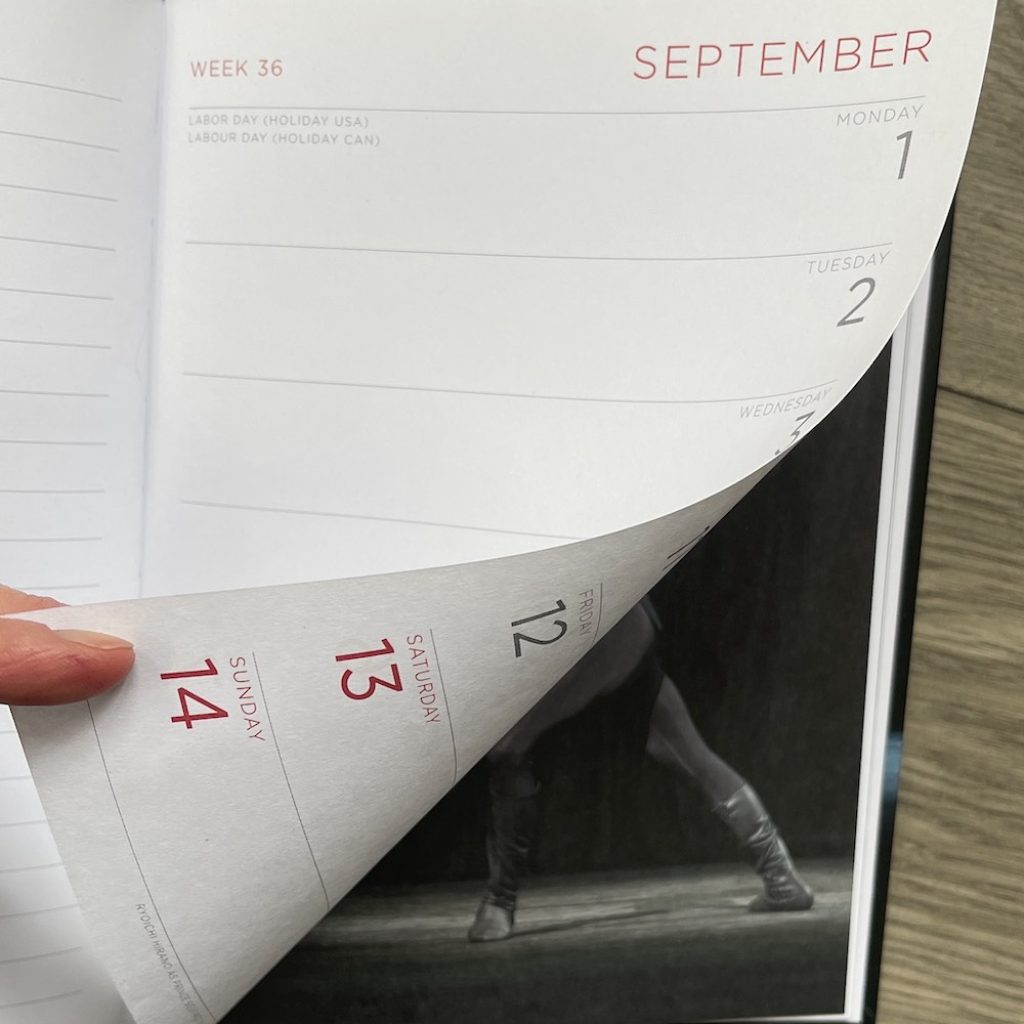
Look closely at your new academic and dance timetables to spot time pockets for rest, study and fuelling. Plan your journeys and consider making up a planner and setting phone reminders to keep you on top of deadlines and remembering all the things you need to have with you that day.
#7. Practice
Be honest – how often are you practicing? And how much of it consists of aspects of your dancing that you enjoy and are good at, and what percentage is left for corrections you receive and parts you dislike or find challenging? Making small changes here can make big differences. Communication with your teacher is also key. If you approached them with your desire to improve, they would very likely have advice and support for you.
#8. Conditioning
Summer’s a great time to set a new strength and conditioning routine for yourself, ahead of the new term. Perhaps you already have a programme you can get stuck into. Or consider working on a Progressing Ballet Technique (PBT) or PCT programme with a qualified teacher. These classes are designed specifically to fine tune your dance technique. In addition, a Pilates instructor with dance knowledge can be inspirational for your core strength, turnout and anatomical awareness.
#9. Priorities
What’s important in your life? Friends, hobbies, ways you like to spend your free time, non-negotiables.… Make a list and put them in order of importance. Where in the list does your dance training come? Now you know how to approach decision making when a last-minute social event clashes with a dance rehearsal. It can be helpful to understand where different activities fit in your life, so you are better equipped to respond when an unexpected situation arises.
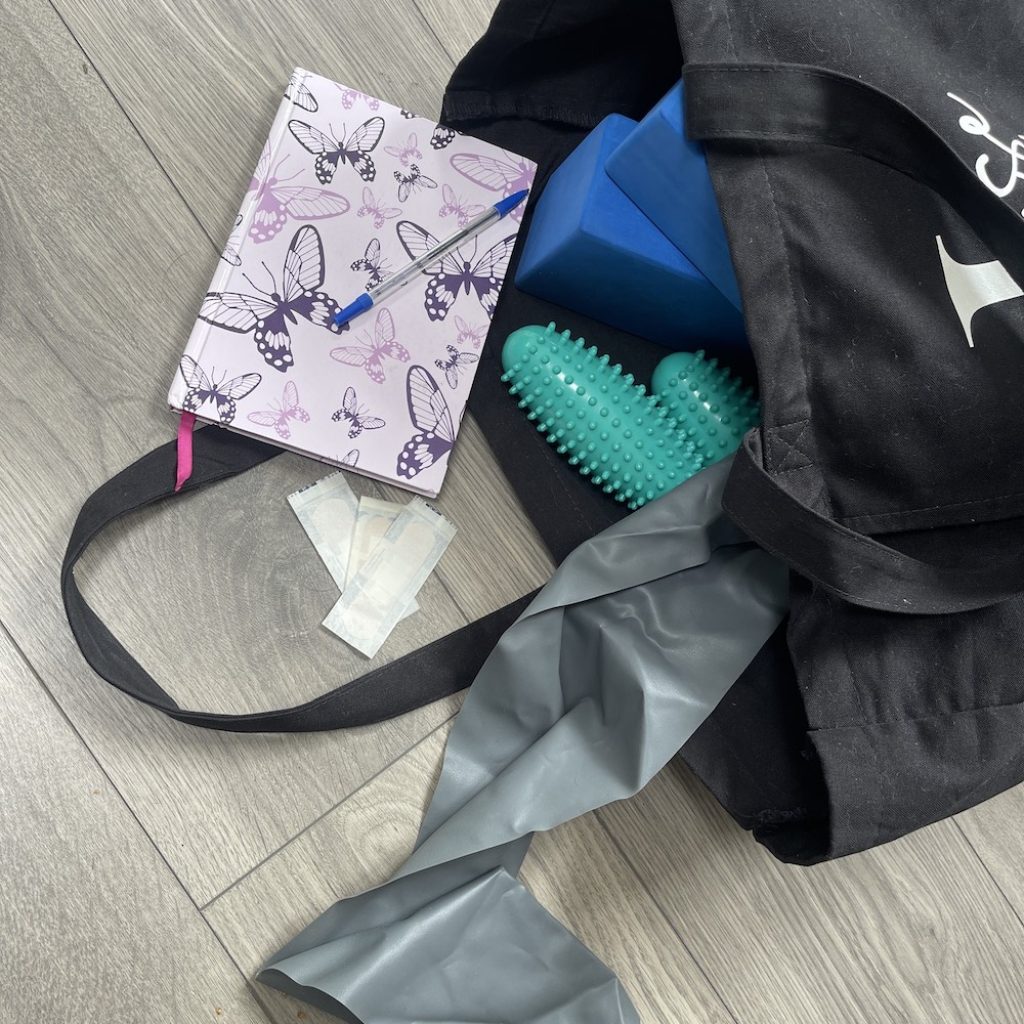
#10. Pack your bag!
A dedicated dance bag goes without saying. But when did it last have a good clear-out? You could stash long-life snacks in it, add spare tights, hair things, plasters, notebook, spiky ball and a Theraband. Useful bits that might not get remembered in the rush of the moment. What else would you include? It could become a night-before routine, to reduce any last-minute panics.
Good luck! Give yourself accountability as you navigate the journey ahead and share your aims with someone close to you. Long may your carefully cultivated healthy habits prosper through the new academic year and bring you every success!
By Louise Ryrie of Dance Informa.


